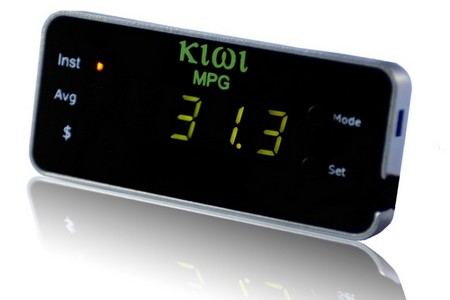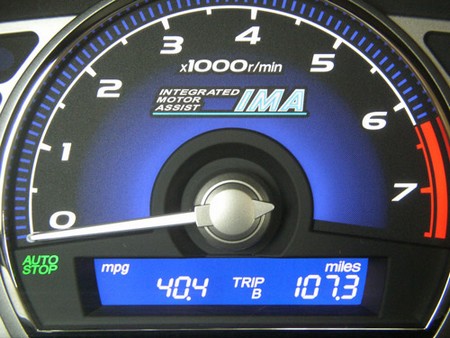MPG basically stands for Miles per Gallon. The MPG of a vehicle should be calculated in order to attain a specific goal in drawing out a financial budget for gasoline bills .These are five easy steps on how to calculate MPG by using the amount of gasoline that your vehicle consumes and mileage:
- Fill up the gasoline tank to a full maximum at a gas station.
- Drive until you run out of gas
- Fill up the gas again and record the number of gallons.
- Record the mileage again.
- Subtract #4 from #1
- Divide with the number of gallons #3

If you are not clear of the steps stated above, here is an illustration on how to calculate MPG for your car;
For example, your car’s mileage is at 65,000 miles before you fill up the gasoline tank. After filling the tank to a full maximum, drive your car until you run out of gas. Remember not to add-on any fuel before your car is run out of gas. So, when your tank is empty, fill up the gas and jot down the number of gallons filled. For example, you have filled up 8 gallons of gasoline. Then, look at your mileage again. Let us assume that your mileage is at 65,125 miles now. Using simple calculations, you can take the final mileage and deduct the initial mileage and divide the difference by 8 gallons to obtain the MPG value. So, it will be 65,125 miles – 65,000 miles = 125 miles and 125 miles is divided by 8 gallons = 15.625 MPG
If the number is below 20, this indicates that fuel consumption is inefficient. Naturally the optimum MPG is between 20 MPG-40MPG. Each time when you fill up gas at the petrol station, remember to reset your mileage indicator to zero so that it will be easier to keep track on your car’s performance and fuel consumption.
It is important that the average gasoline consumption is kept at track in order to detect any irrationality such as extra ignition of fuel. Lower compression cars have lower Miles per Gallon percentage.
The daily consumer must do research whether the MPG is below average or above average so that it is easier to decide on which type of vehicle is best suited to fulfill the expected budget scribbled down while making pre-purchase decisions. For example, SUVs are known to consume a higher level of MPG because the engine is bigger than regular cars.
The fuel economy in the daily consumption is important in saving the overall average. Many people might find the variables and numeric measurements quite an experience and perplexingly mind-numbing. These factors can be simplified with the use of comprehensible mathematical methods. If consumers know how to calculate MPG on their own, they could be in-charge of the total expenditure for gasoline









